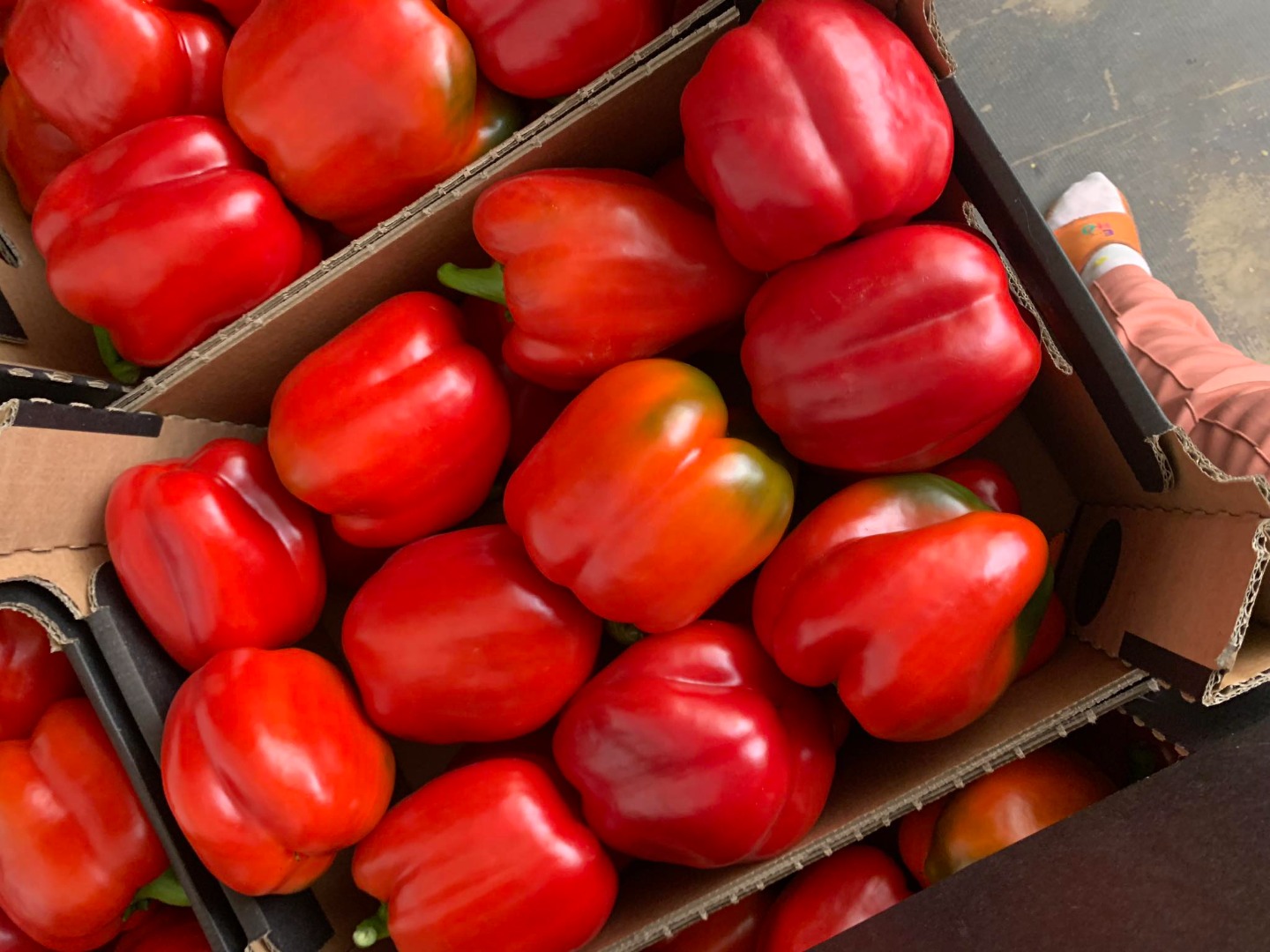Slovenia pulls Albanian red peppers from market over pesticide levels

Slovenia has withdrawn a shipment of red peppers imported from Albania after tests showed excessive pesticide residues, continuing a series of recent bans on Albanian produce in the region.
Why is this important: The case adds to growing concerns over food safety standards in Albanian agricultural exports. Just days earlier, Croatia and Bosnia blocked shipments of Albanian peaches and tomatoes for the same reason.
Context: Slovenia’s Geaprodukt company, which distributes fruits and vegetables, urged consumers to return the peppers to stores or dispose of them. Tests revealed high levels of acetamiprid, formetanate, and flonicamid. The product, exported between August 24 and September 4, was packaged in cardboard boxes and then in plastic bags.
Authorities advised consumers not to eat the peppers and to disinfect their hands if they came into contact with the contaminated produce.
What else: On September 3, Croatia and Bosnia blocked Albanian peaches for pesticide content, while Croatia destroyed four tons of Albanian tomatoes found to contain five times the permitted level of the insecticide chlorfenapyr. Earlier, on August 22, Croatia destroyed five tons of peaches from Divjaka due to high nickel levels.
In Albania, concerns over food safety have surfaced periodically, with debates about the ability of oversight institutions to ensure consistent quality in both domestic and exported products. While there have been positive developments in agriculture and success stories among honest producers, incidents like the recent bans risk undermining the sector’s image at a time when it is showing signs of growth.
Next steps: Albanian agricultural exports now face heightened scrutiny in regional markets. Strengthening food safety


